NEWS BRIEFINGS October 2024
The Supreme Court Bar Association (SCBA) has raised objections to what it calls a “unilateral” decision by India's Chief Justice to alter the iconic “Lady Justice” statue without consulting the body of lawyers. According to the bar, the top court's decision to install a new version of the statue—in a saree, with scales in the right hand, a book symbolising the Constitution in the other, and without the blindfold—is just one of several decisions made without prior consultation.
The unveiling of the new Lady Justice statue in India’s Supreme Court—a figure without a blindfold and holding the Constitution instead of a sword—is being celebrated by some as a step towards shedding colonial symbols and embracing a new era of justice. However, this superficial gesture fails to address the deep-rooted issues plaguing the country’s judicial system.
India and Canada have plunged into a deep diplomatic crisis, each expelling the other’s diplomats amid escalating tensions over the alleged assassination of a Sikh separatist leader Hardeep Singh Nijjar on Canadian soil last year.
India shows serious levels of hunger, reports the 2024 Global Hunger Index, despite its GDP continuing to grow. In the 2024 Global Hunger Index (GHI), India ranks 105th out of 127 countries, with a GHI score of 27.3, indicating a serious level of hunger, despite GDP growth averaging 6.33%.
Having traveled 1,000 kilometers on foot, a group is now on a 21-day hunger strike in Delhi, advocating for statehood for their homeland, Ladakh, in the Himalayas in India. On the sixth day of their fast, Oct. 11, I spoke with Mehdi Shah, a key member of the group, to understand why they are so passionate about statehood and fearful of remaining a Union Territory after four years of direct governance by a distant central authority.
Sonam Wangchuk, a climate activist from Ladakh, and his associates have initiated a new 21-day hunger strike after officials from the central government declined to meet with them. Wangchuk and about 150 others undertook a journey on foot from Leh to the national capital, aiming to draw attention to their demands, including statehood. Further, they have reportedly been denied permission to hold a peaceful protest in Delhi.
When you buy vegetables from the market, have you ever wondered how much of the money you spend actually ends up in the pockets of the farmers who grow them? A study by the Reserve Bank of India (RBI) suggests that only about one-third of the money you spend on tomatoes, onions and potatoes, commonly referred to as TOP, ends up with the farmers.
A report on India by the U.S. Commission on International Religious Freedom (USCIRF) indicates a decline in religious freedom, particularly during and following the 2024 Lok Sabha elections. The Indian government has rejected the report, labelling USCIRF as biased and politically motivated, though without addressing the specifics of its content.
Raghuram Rajan, a former Governor of the Reserve Bank of India (RBI), says in a media interview that he is opposed to the idea of excluding food prices from the calculation of headline inflation—essentially the overall change in prices. His concern stems from the importance of maintaining the trust and credibility of the central bank in the eyes of the public, as well as its effects on the economy and society.
The “Manipur Tapes,” currently under review by an official enquiry commission and allegedly featuring Chief Minister N. Biren Singh’s voice, suggest that Mr. Singh may have facilitated cooperation between state security forces and outlawed Meitei groups like the People’s Liberation Army Manipur (PLA) to target the Kuki-Zo minority amid the ethnic conflict that erupted in May 2023, according to The Wire.
“I am being detained... along with 150 padyatris (marchers),” tweeted climate activist Sonam Wangchuk on Sept. 30. Wangchuk also posted a video showing hundreds of police officers blocking their path at the Delhi’s border as they proceeded towards the capital. Police claim the detainees, who had peacefully walked 1,000 kilometres from Ladakh to advocate for Ladakh’s autonomy, violated “prohibitory orders” amid a sensitive climate.

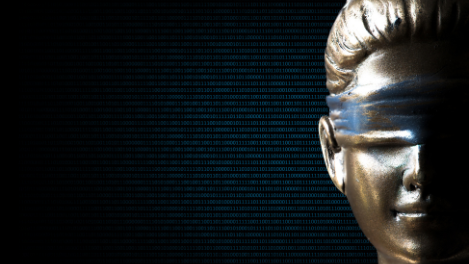
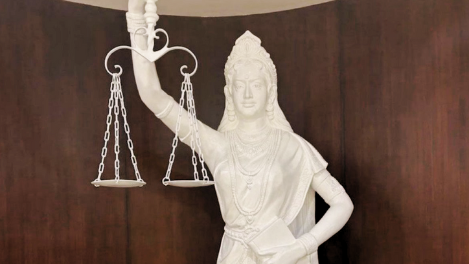
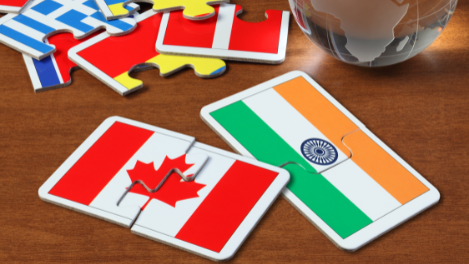
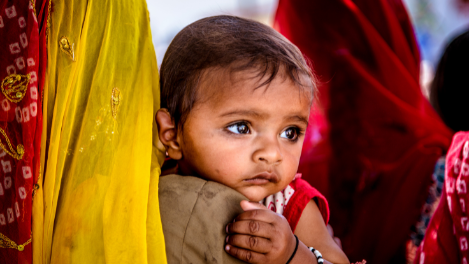
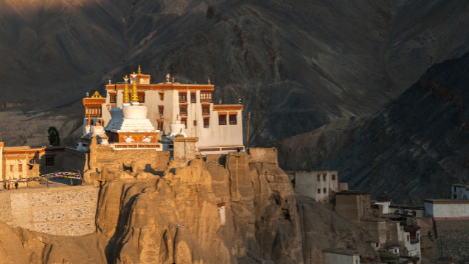


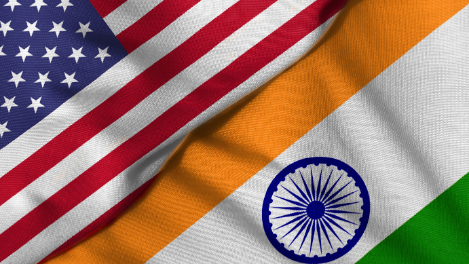

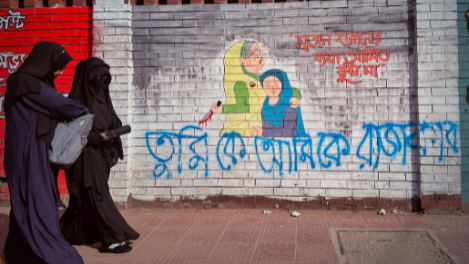
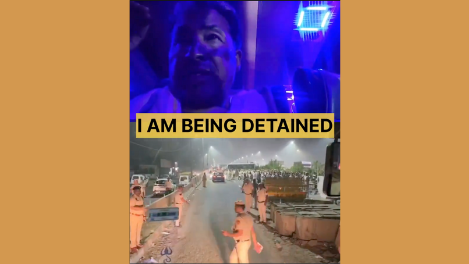
If you tune into mainstream media, especially in India, you might find yourself asking, “What the heck is going on in Bangladesh?” With that same question in mind, we left Delhi for Dhaka, the capital of Bangladesh. However, our six-day journey through Dhaka and Dinajpur left us feeling more hopeful than fearful about Bangladesh’s future.